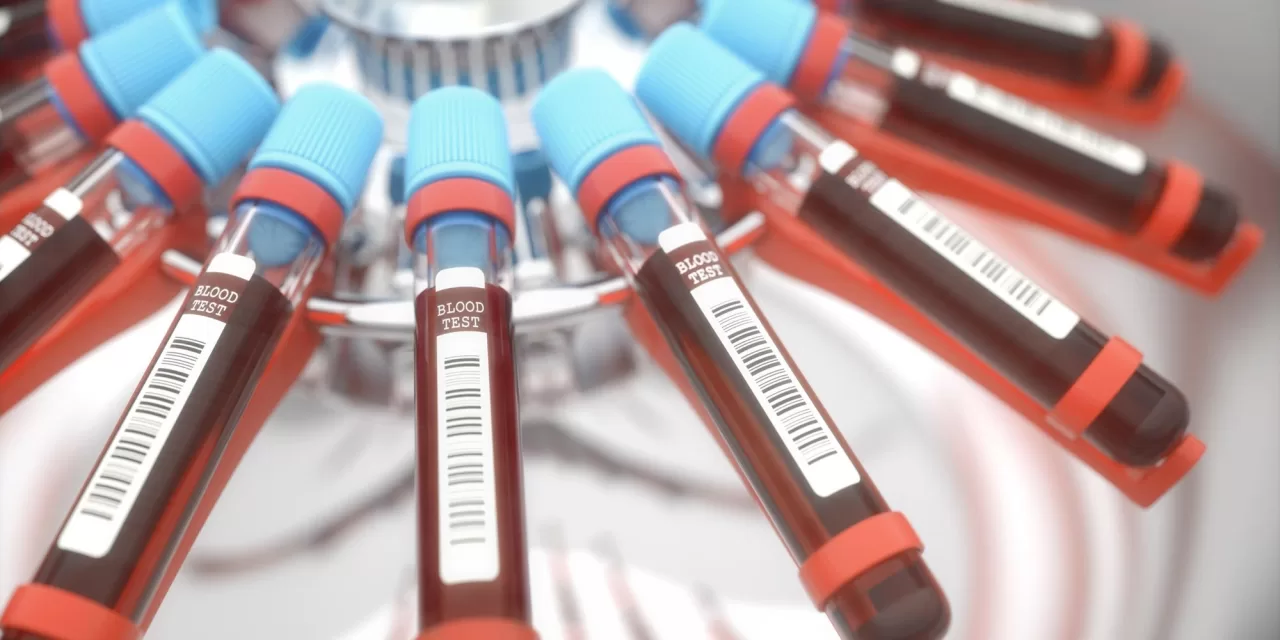The U.S. Food and Drug Administration (FDA) has cleared a groundbreaking sepsis test developed by Stanford Medicine researchers that significantly shortens the time required to diagnose the life-threatening condition. This innovative test, known as TriVerity, can determine the presence, type, and severity of infection in approximately 30 minutes—compared to the current three-day diagnostic process—offering a potentially life-saving advancement for millions of patients worldwide.
The Urgent Need for Faster Sepsis Diagnosis
Sepsis is a severe medical condition characterized by a dysregulated immune response to infection, leading to organ dysfunction and, in severe cases, death. It is responsible for an estimated one in five deaths globally and one in three deaths occurring within U.S. hospitals. Prompt and accurate diagnosis is crucial, as each hour of delayed treatment for bacterial sepsis increases mortality risk by 6%–8%.
Traditionally, physicians have had to rely on broad-spectrum antibiotics before confirming whether a patient’s sepsis is caused by bacteria, a virus, or another non-infectious trigger. This uncertainty can lead to inappropriate antibiotic use, potentially fostering antibiotic-resistant bacteria, or delays in treating non-bacterial sepsis origins such as blood clots, surgery-related complications, or immune dysfunctions.
The Science Behind TriVerity
The new test, developed in the Stanford Medicine lab of Dr. Purvesh Khatri, Ph.D., uses machine learning and transcriptomics—the study of gene activation profiles—to evaluate 29 genes associated with infection. By analyzing a patient’s blood sample, TriVerity generates three scores to answer key diagnostic questions:
- Is an infection present?
- If so, is the pathogen bacterial or viral?
- How severe is the infection?
These insights allow physicians to make rapid, informed decisions about the most appropriate treatment strategies, thereby improving patient outcomes and reducing unnecessary hospital admissions.
From Concept to FDA Clearance
The journey of TriVerity began in 2016 when Dr. Khatri, along with Dr. Tim Sweeney and Jonathan Romanowsky, co-founded Inflammatix, a company dedicated to developing the test. The team faced skepticism in the medical community, particularly regarding their use of public medical datasets to develop the machine-learning models underlying TriVerity.
Dr. Khatri and his team aggregated publicly available patient data from diverse populations across different ages, genetic backgrounds, and medical conditions. This approach enabled them to identify robust immune signatures that generalize across real-world clinical settings. Despite initial resistance, their methodology has now been validated with FDA clearance, marking a significant step forward in the use of artificial intelligence for medical diagnostics.
Clinical Accuracy and Impact
Clinical studies have demonstrated that TriVerity offers over 95% sensitivity and specificity for detecting bacterial and viral infections. Moreover, it significantly reduces false negatives when identifying critically ill patients. Among 1,200 patients studied for FDA clearance, the test identified 18 out of 26 patients who were at risk of death but were not initially admitted to intensive care—a major improvement over current diagnostic practices.
Future Directions
While TriVerity represents a major breakthrough, researchers continue to refine and enhance the test’s capabilities. Inflammatix is working to further improve diagnostic accuracy, while Dr. Khatri’s lab is now focused on the next challenge: identifying optimal immune-modulatory treatments for sepsis patients.
“This is more than just a test—it’s the beginning of a new era in precision medicine for infectious diseases,” said Dr. Khatri. “FDA clearance validates our approach and opens the door to broader applications of machine learning in medical diagnostics.”
Conclusion
With the FDA’s clearance of TriVerity, emergency department physicians now have a powerful tool to rapidly diagnose and treat sepsis with greater confidence. This advancement holds the potential to save countless lives and reduce the burden of sepsis-related deaths worldwide. As AI-driven diagnostics continue to gain traction, TriVerity stands as a testament to the power of data-driven innovation in medicine.
Disclaimer: This article is for informational purposes only and does not constitute medical advice. Readers should consult healthcare professionals for medical concerns and treatment options. The information provided is based on publicly available sources and may be subject to updates as new research emerges.











